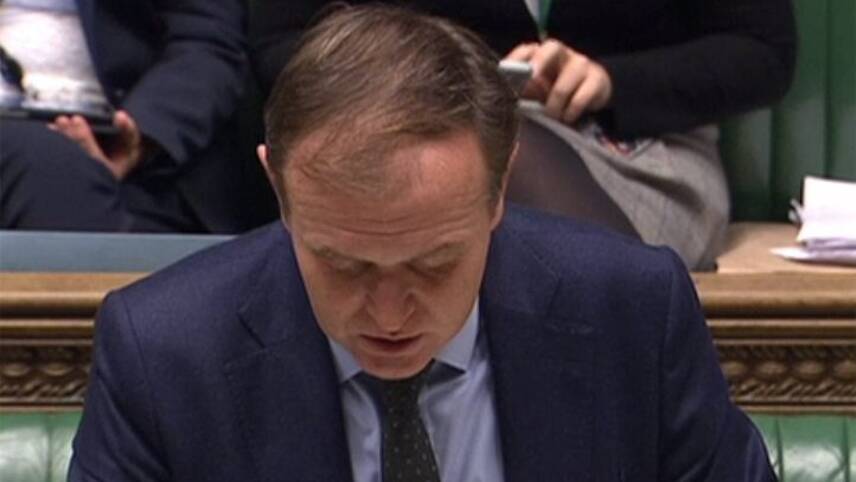Register for free and continue reading
Join our growing army of changemakers and get unlimited access to our premium content

Environment secretary George Eustice in the House of Commons presenting the Environment Bill at its second reading.
In his opening statement before the debate, environment secretary George Eustice outlined the previous elements of the Bill before summing up the fresh additions introduced by the government.
The new Bill includes a clause that every Secretary of State from future UK governments introducing new legislation will have to include a statement on whether the new Bill has the effect of reducing existing levels of environmental protection. Additionally, the Bill also creates new powers to implement the Government’s manifesto commitment to end the exporting of polluting plastic waste to OECD countries with consultation on specific restrictions, and a biannually “taking stock” of international commitments on the environment.
Devastating effect
Environment secretary George Eustice said in his statement presenting the Bill to the Commons: “If global temperatures rise by even 1.5C, we will lose even more of our precious life on earth. As an island nation, we are aware of the devastating effect of plastic waste.
“This government was elected on the strongest ever manifesto commitments on the environment, and this bill is critical to implementing this commitment.”
Eustice was also immediately challenged on air pollution targets by several members of parliament, including on his own Conservative benches from former local government minister, Bob Neill, who asked why the Bill couldn’t advance towards WHO standards on air pollution.
Eustice said that the Bill did contain powers on pollution – specifically PM2.5 – and that “it was only right we should consult with people on what that target will be.”
Office for Environmental Protection
He was also questioned on the Office for Environmental Protection, saying that the Bill “needs teeth” and there were questions around transparency and the ability of the OEP to enforce the law as required.
Eustice said that the Bill does give the OEP the power to take companies to tribunals, and “provides expert, impartial views on issues and a transparent approach on the enforcement of environmental law”.
Shadow environment secretary Luke Pollard described the Bill not as a landmark bill but as an “okay bill”.
“Because the climate crisis is real, we need bolder action to protect our economy,” he said.
James Evison


Please login or Register to leave a comment.